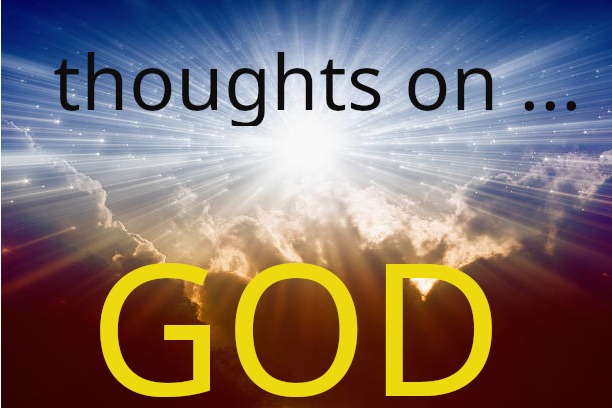An exploration of truth and the ways that we can deal with it.
Thoughts on God
This explores God(s), advanced civilizations of the past and man’s belief system of a higher entity.
CLASSIC ARTICLES
Van Overboard
7/10/20243 min read


I’ve been fascinated by the stories of the Cathars, Gnostics and early Christians for some time.
The fact that they believed that each individual has a divine link with a higher power, contrary to the religious view which most Christians (and Catholics) have upheld for the past 2000+ years. The early “editors” of the religion formed the bible from documents they found to be “acceptable” to the church, and omitted those documents that weren’t deemed to be worthy or that didn’t follow their agenda. Similarly, any body of people that were found to support the omitted documents, were ex-communicated and in many cases, put to death because they didn’t follow the approved belief system.
Part of the old belief, according to the Gnostics, was that the God of this world was or is a force of evil. The king of the material world, responsible for the corruption and enslavement of mankind.
The one “true” God being a much higher force, although it’s been said that he has no interest in this world, and has caused a lot of “resets” over millennia (the flood etc), my next connection, I believe may hold an answer as to why the higher “God” has no reason to get involved, perhaps not for the time being anyway.
Now, according to the Kardashev Scale, ALL civilizations fall into the following categories, from Type 1 through to 5. Here’s a brief run down of the five stages:
Type I is given to species who have been able to harness all the energy that is available from a neighboring star, gathering and storing it to meet the energy demands of a growing population. It’s been said that we won’t be there for at least another 1–200 years.
Type II can harness the power of their entire star, not merely transforming starlight into energy, but controlling the star.
Type III is where a species then becomes galactic traversers with knowledge of everything having to do with energy, resulting in them becoming a master race.
Type IV civilizations would almost be able to harness the energy content of the entire universe and with that, they could traverse the accelerating expansion of space.
Type V would be like gods, having the knowledge to manipulate the universe exactly as they please.
My question is that by applying this model to the question of the Gods that people worship, does it not make sense that they are possibly advanced civilizations that we have had contact with over millennia, and that we are the infant civilization, by their standards, perhaps pre Type 1. The God (or King) of this world is perhaps the next stage up from our own, perhaps Type II or III, able to infiltrate our minds and do it’s (or their) bidding. Meanwhile, under the watchful eye of a greater civilization that is more aware of the bigger picture, less concerned with our physical bodies but more interested in our longer term sovereignty, which we may or may not claim in millennia to come.
There are many deceptions in this world and many tormented souls being tested on a spiritual level. Spending their whole lives unaware of a potential that could be theirs for the taking.
Additionally, quite what effect AI will play, either in our development or our enslavement, is yet to be fully realized. Would a higher civilization have used AI in their development? Or would it be something that they have recognized to be counter productive and damaging to their development, and abandoned in order to progress, utilizing their own consciousness as opposed to a technology based in the material realm.
No doubt I’ll write about this again in future scribblings. I don’t get too involved in history or religion as a rule, only when something catches my attention do I take notice, and this whole subject did just that.
Thanks for reading if you got this far.
re-edited 2/9/24 with an overview of the Kardashev scale, plus removed unnecessary lines … may re-edit in the future.
